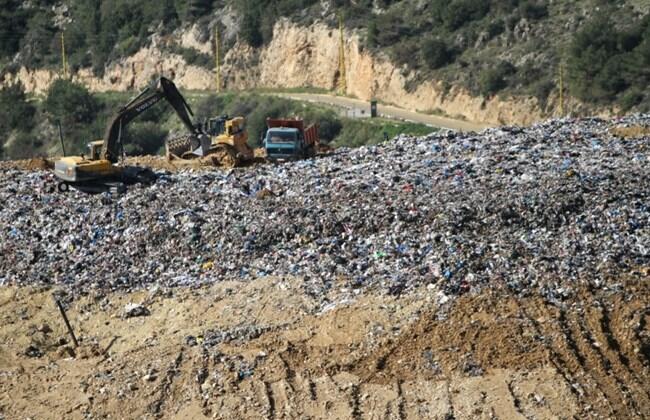“I expect that the issue of waste management will impose itself on the Cabinet session Thursday, and if no one raises the matter I will,” Environment Minister Mohammad Machnouk said in a morning interview with Al-Jadeed TV. “This does not necessarily mean that it will take precedence over the Cabinet’s mechanism.” During the last session, Prime Minister Tammam Salam and the Free Patriotic Movement’s ministers made an agreement that the next Cabinet session, scheduled on July 23rd, would be fully dedicated to make a decision on whether unanimous consent would be required for all Cabinet decisions. “Prime Minister Tammam Salam is open to all kinds of discussions and does not have a problem with any topic,” Machnouk said. The minister’s comments came two days after the main landfill forBeirut and Mount Lebanon, the Naameh landfill, was shut down by protesters. Activists from the “Close to Naameh Landfill” campaign have been blocking the facility’s doors since Friday, forcing the government to implement its decision to close the 17-year-old dump on time. The Naameh landfill had been scheduled for permanent closure on July 17, but earlier this week Machnouk revealed that it would still be receiving waste since no contractors had been found to treat garbage from Beirut and Mount Lebanon. On Thursday, Machnouk said he would stick to the original plan to close the landfill Friday and asked Sukleen, the region’s waste management contractor, to continue to collect and treat garbage from Beirut and Mount Lebanon, but return the waste to each locality for disposal. The Naameh landfill opened in 1998 as a component of the government’s Emergency Plan to close the Burj Hammoud dump. The plan was supposed to be provisionary, and the Naameh landfill was set to close in 2004. But successive governments kept postponing the date, and Sukleen overfilled the site far beyond any conceivable capacity. Originally appointed to receive 2 million tons of trash, Naameh has received over 15 million tons to date. The Daily Star











